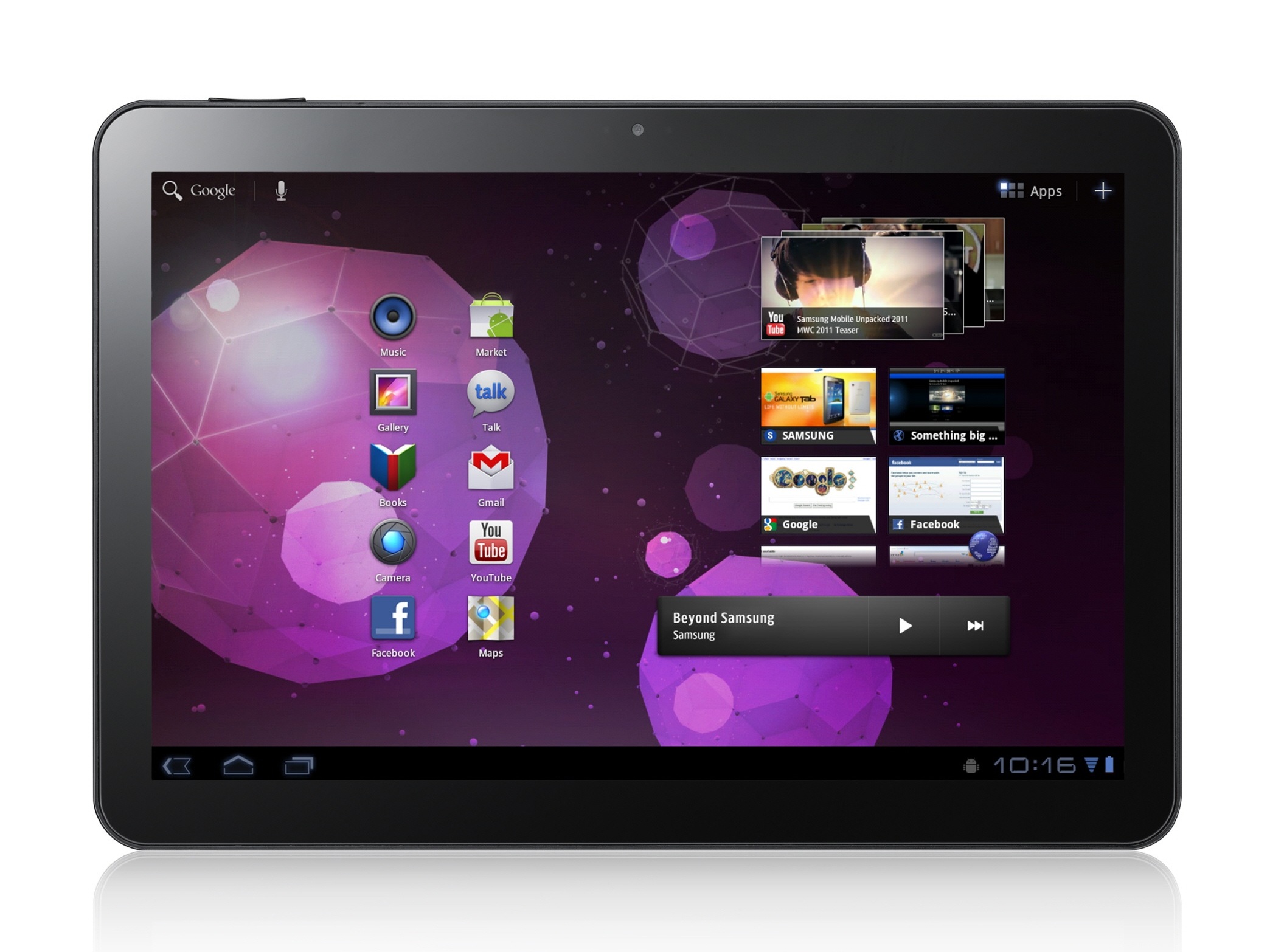Are Android tablets actually selling?
The battle for tablet market share laid bare

You'd think Android tablets are the hottest gadgets on the planet right now, given the huge number of different models out there, all competing to be your next, non-essential, luxury item purchase.
Samsung kicked off the battle last year with its 7-inch Galaxy Tab, followed in 2011 by a slew of 10.1-inch options starting with the Motorola Xoom.
Indeed, there are now over 30 Android tablets on sale from different manufacturers, all offering different screens, memory sizes, Android versions and connectivity features.
But there's a feeling that, despite the enthusiasm of the hardware makers, not many people are actually buying Android tablets.
The most damning condemnation of Android's ability to sell tablets came from rival hardware maker Lenovo. Its European product director Andrew Barrow told the Guardian that Samsung may have only managed to sell 20,000 of the one million original 7-inch Galaxy Tabs.
If that's true, the first Galaxy Tab has a good chance of being considered one of the most catastrophic flops the tech world has ever seen.
And things don't look so rosy in the 10-inch area, either. Motorola's Xoom has also been aggressively discounted - and this from the tablet that had the kudos of being the first Android 3.0 Honeycomb unit and was waved around excitedly by Google team members at Honeycomb's launch.
Get daily insight, inspiration and deals in your inbox
Sign up for breaking news, reviews, opinion, top tech deals, and more.
The basic Wi-Fi-only Xoom launched for an enormous £479 back in mid-April - you can now pick it up for £329 five months later.
Now, Android tablets are bound to have a shorter shelf life due to the rampant competition among hardware manufacturers and the ever-increasing spec of rival machines, but even so.
Sold more than 3.0 of them?
In terms of hard sales stats for Android tablets, the best we have so far is courtesy of data supplied by analyst Kantar Wordpanel.
In the UK, Kantar reports that Apple's iPad is unsurprisingly the dominant tablet, with nearly three-quarters of the entire market. The nearest Android competitor? Samsung's Galaxy tab series, with 5.9 per cent of UK tablet market share.
Given that Kantar says 3.6 million tablet devices have been sold in the UK so far, that would put Samsung's Android tablets on 212,000 sales so far. Which is certainly better than Lenovo's doom-mongering scenario would suggest.
In fact, for every bearish indicator, there are plenty of analysts that think Android can still overtake Apple in the long haul, thanks to the sheer strength and depth of the tablet team.
Informa Telecoms & Media has the best forward-looking graphs for Android fans, claiming Apple will have the tablet market tied up until 2015, by which time the mass of Android devices will have drawn level, "eventually surpassing iPad sales in 2016".
That dream scenario would see Apple's current 75 per cent stranglehold of the tablet market fall to 39 per cent, with Informa's crystal ball seeing the Android horde on 38 per cent of tablet devices.
This rise to parity will come via cheaper Android machines, the enormous potential of an Amazon Kindle tablet and more advanced, high-end devices to keep the hardcore users happy.
But is that really much of a victory? Apple's established a whopping great lead by selling a desirable product people love. Android, meanwhile, seems to be pinning its tablet hopes on a manufacturer taking a big enough loss on the hardware to hit the sweet spot with the masses.
It's like killing an elephant by tapping it on the head with a million spoons.
Indeed, the most recent data from IDC suggests that the initial enthusiasm for Android tablets is on the slide.
In Q2 of this year, IDC claims Android's share of tablet sales actually fell, from having 34% of tablet sales in Q1 of 2011 to 26.8% in the second quarter, thanks to increased competition from RIM's PlayBook and ever-increasing public love of iPad.
Again, for IDC, Android's future success or failure in the tablet world will come down to price. The release of "more price-competitive Android products" is required. No one's going to be making any money from selling Android tablets for quite some time.
Android 4.0 the win
So it appears Android needs to do two things in order to close the gap on iPad and actually stand a chance of achieving respectable tablet sales - create a software platform that more people aspire to own, and hope the hardware makers continue to offer ever more powerful tablets at more competitive prices.
The forthcoming Ice Cream Sandwich update should help with both. It'll smooth out the Honeycomb experience giving us a more polished OS to covet, and will also be fully open source - unlike the Honeycomb OS - allowing makers of cheaper tabs to offer buyers the full, modern tablet experience.
And as Google is being so generous in sorting out the software for free, we'd like to see the hardware makers start taking a few risks on the physical design of their Android tablets. Something that isn't a boring black slab might stand more of a chance of capturing the imagination of the overwhelmed potential tablet buyer.